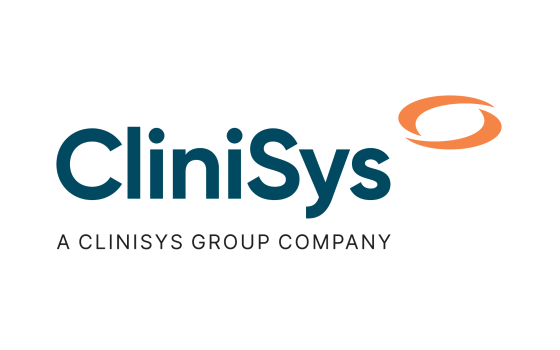
CliniSys Group
Clinicians at PAHT and local GPs use the module, which has enabled them to remove paper order forms from inpatient wards and the outpatients department.
The clinicians now use the module on iPads to check through patient details and print the labels for the blood tubes that are then sent to the laboratory.
For an extra measure of safety, the system has been set up so that phlebotomists can scan patient hospital wristbands before taking a sample, in a process known as positive patient identification.
Within the outpatients department, where patients do not have a hospital wristband, phlebotomists complete a thorough checklist to confirm that the patient's details are correct.
Nicola Maguire, specialist biomedical scientist at PAHT, said: "We decided to introduce the ICE sample collection module during the COVID-19 pandemic. At the time, there were limited face-to-face GP appointments, which made it difficult to retrieve the paper order forms.
"GPs now order the tests using ICE and patients can book an appointment with the phlebotomist using our online appointment system called Swiftqueue.
"When the patient arrives at their appointment, the phlebotomists can look up and confirm the patient's details and the required blood tests on their iPad.
"The system has improved the process of collecting blood samples, making it more simple and efficient for our teams to use. The system also helps to enhance patient safety and experiences.
"We are planning to extend the system into our emergency department and maternity department.
"A huge thank you to ClinSys for their support with introducing the system, it has made a real difference to our patients and people."
Glyn Hughes, ICE product manager at CliniSys, said: "This is an exemplary piece of work that demonstrates the benefit of being able to think through the testing process from order to sample collection to processing in the lab.
"We are delighted to have been able to support the pathology service at PAHT, in rolling out the ICE sample collection module and integrating it so closely into its processes.
"It's great to hear about the practical efficiency and safety benefits that the trust has achieved, and we look forward to helping other CliniSys customers to realise the same achievements by working in this way."
About CliniSys
CliniSys, headquartered in Chertsey, England and Tucson, Arizona, is the largest provider of laboratory information systems, order entry and result consultation, and public health solutions in disease surveillance and outbreak management across the United Kingdom, Europe, and the United States. For 40 years, successfully specialising in complex and the wide scale delivery of comprehensive laboratory and public health solutions in over 3,000 laboratories across 34 countries using CliniSys solutions.Our combined cross-discipline expertise provides customers with solutions to support laboratory workflow across clinical, histology, molecular, genetics, including order management, reporting and results delivery. Additionally, we serve laboratories in environmental testing, water quality, agriculture, and toxicology.